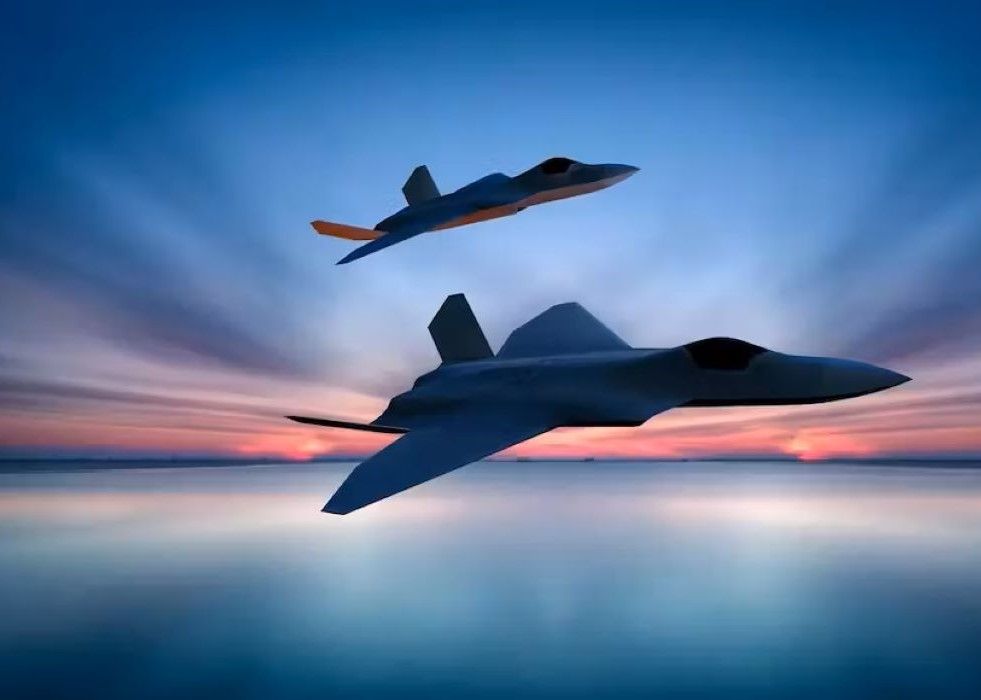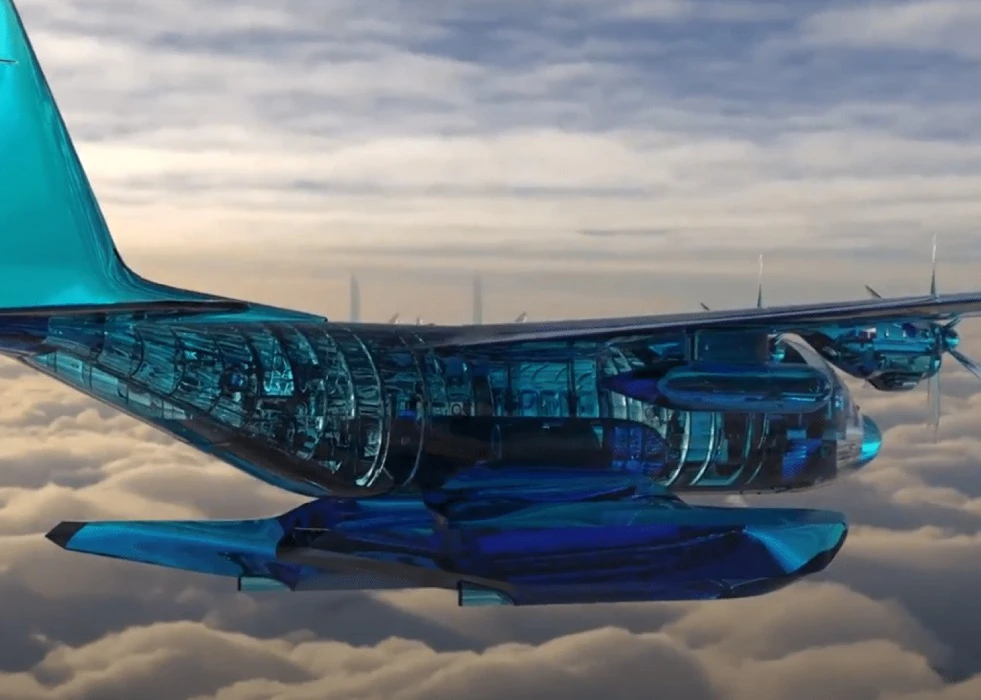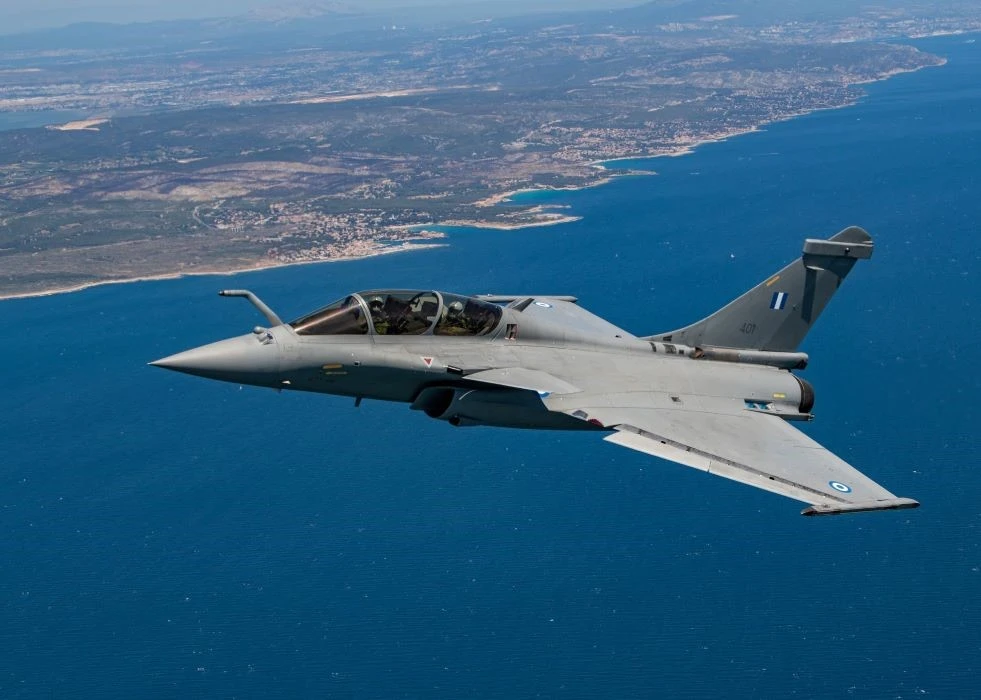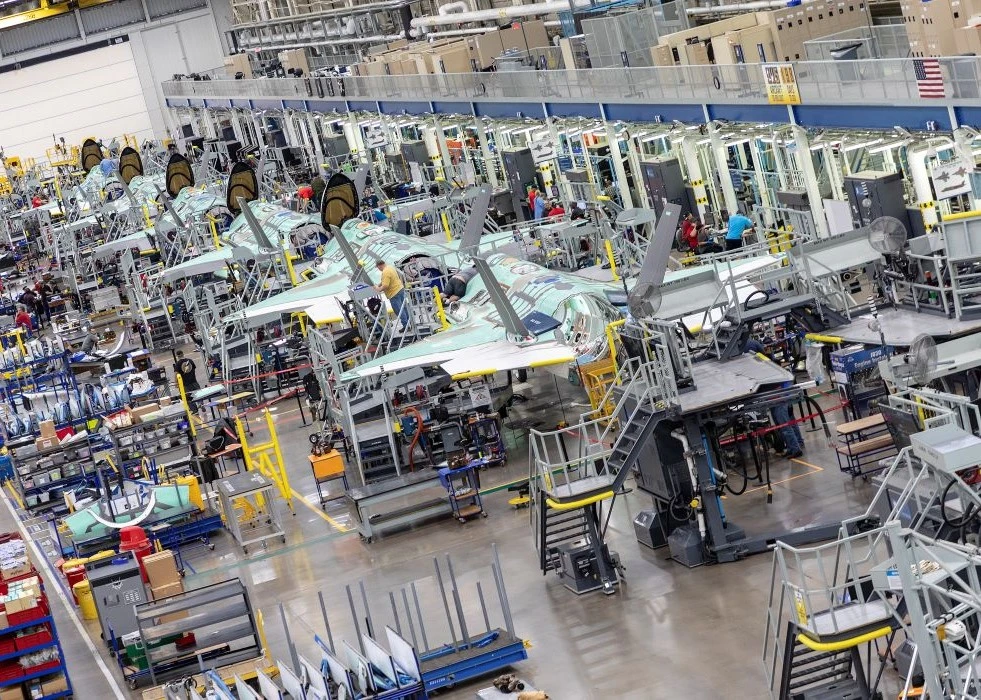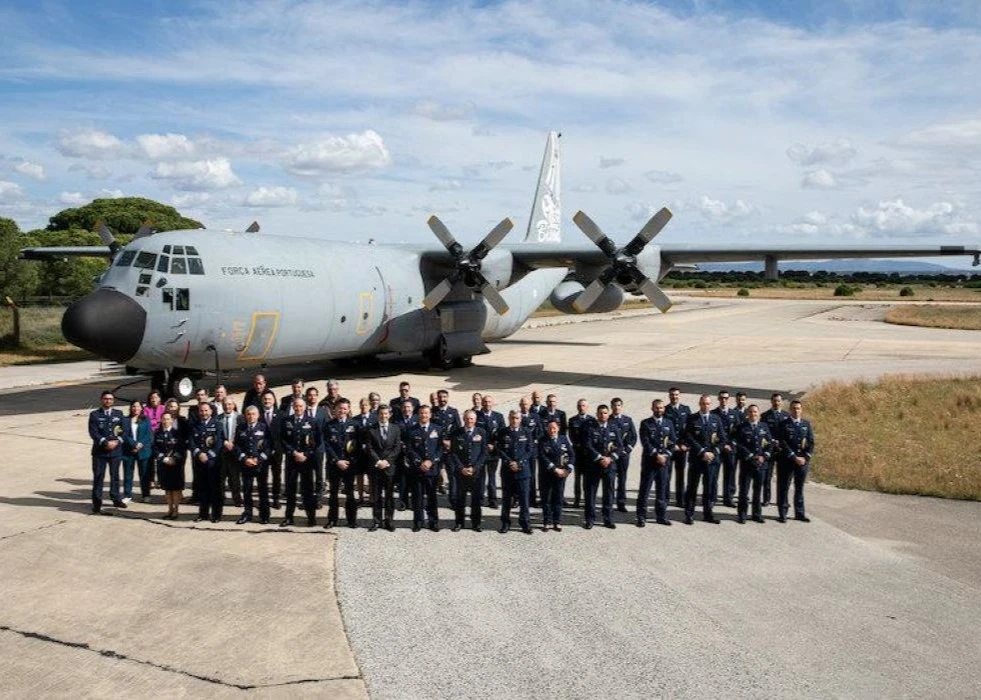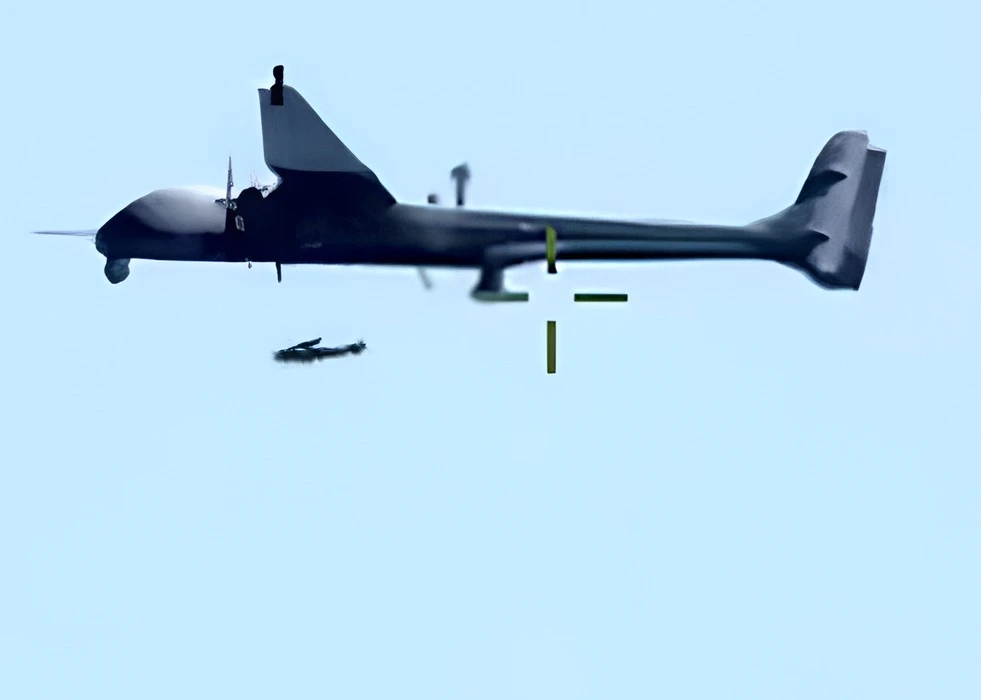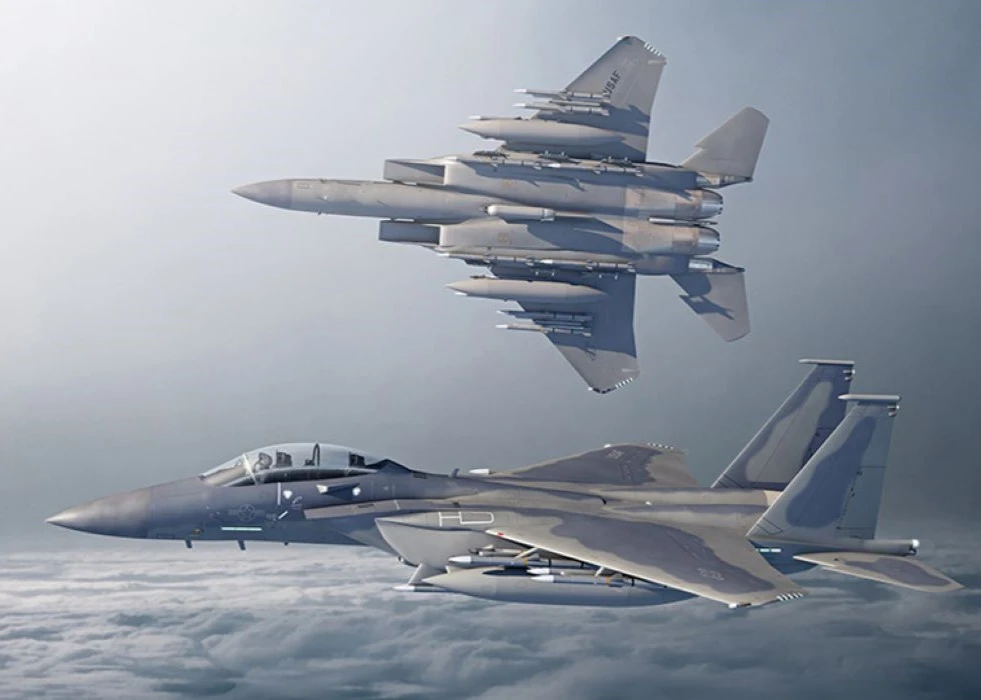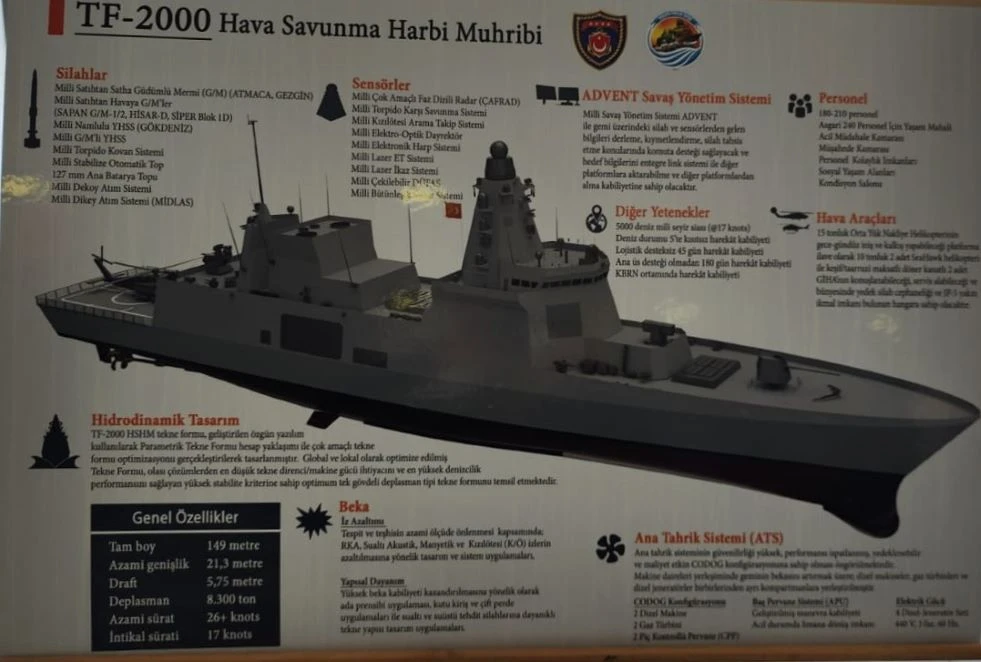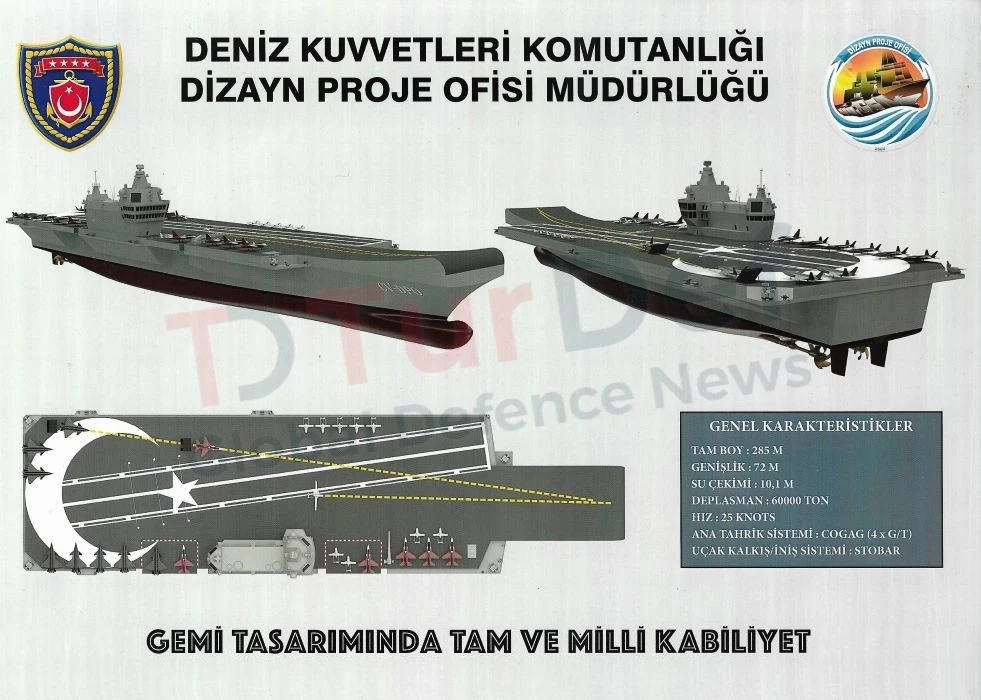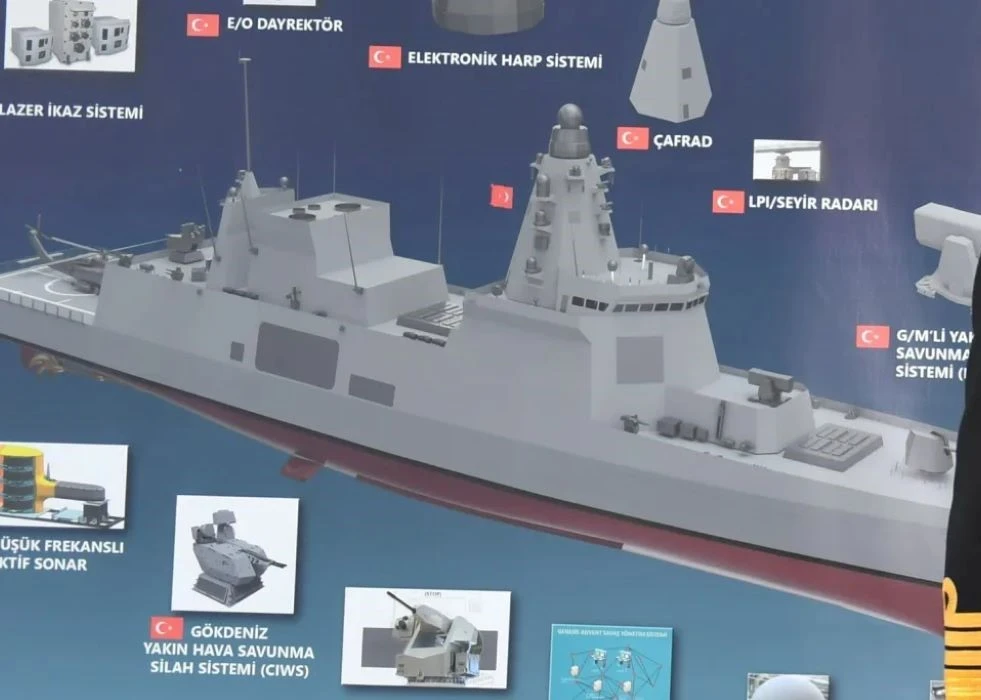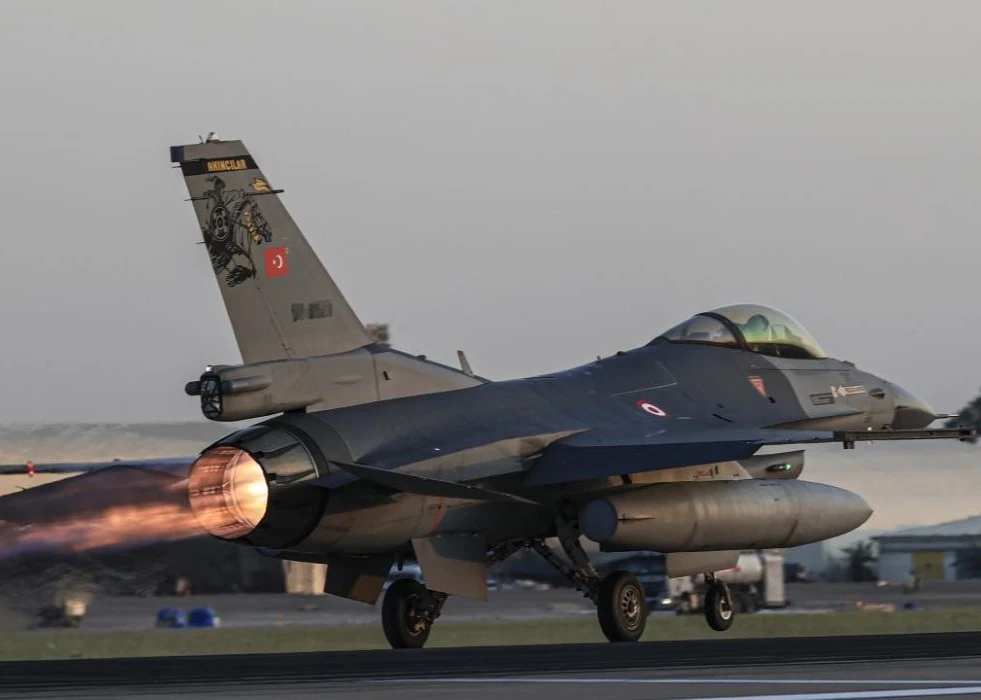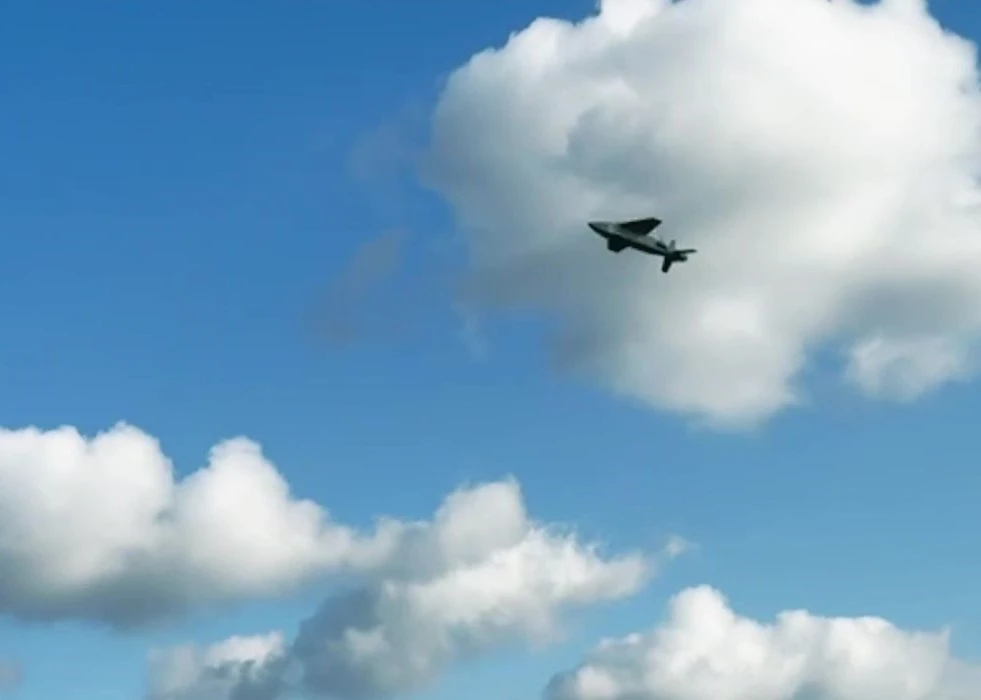According to the British newspaper “The Times”, Germany is considering abandoning its €100 billion Future Combat Aircraft (FCAS) project with France and instead joining the GCAP/Tempest program with the United Kingdom.
The future of European aviation may shift balance if Germany’s Chancellor, Olaf Scholz, aligns with the UK in developing the future combat fighter jet. This move may include Germany lifting embargoes to Saudi Arabia as Berlin objects delivering Eurofighter Typhoon jets to the Hashemite Kingdom. Saudi Arabia has recently signalled to acquire French Rafales instead of Eurofighter.
From a historical point of view, the move is not surprising because Germany preferred being in the Eurofighter consortium in the past, and France drew its own road with Dassault’s Rafale.
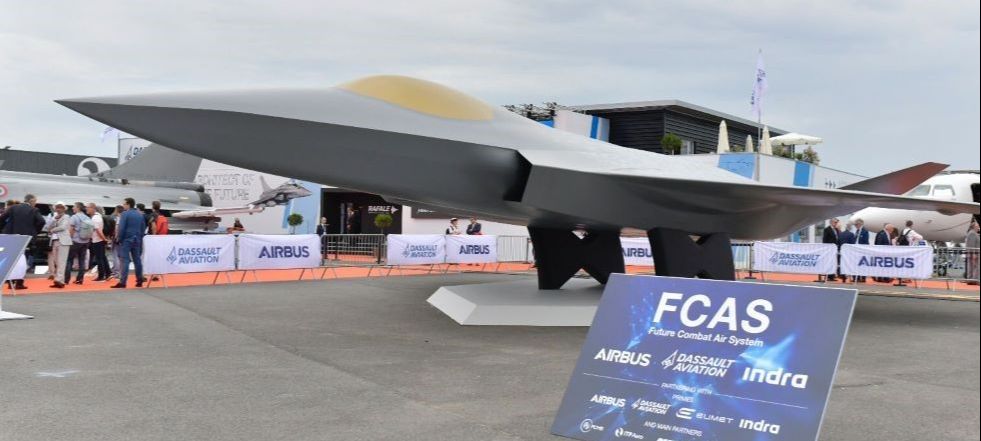
This rejection stems from Paris’ belief that Germany’s preference for “off the shelf” systems from countries such as the United States and Israel undermines France’s efforts in this domain.
If not denied, the move has far-reaching implications that are not immediately apparent. The French-German aviation alliance is a driving force in the European defence industry. According to recent reports from the Aerospace, Security, and Defence Industries Association of Europe (ASD), the continent was previously focused on civil aviation but is now shifting to a war economy. The ASD figures include the United Kingdom and do not exclude Brexit figures, but the French and German governments take a different path. This action may also jeopardise the European Defence Fund.
The Future Combat Air System (FCAS/SCAF), a joint French-German effort to develop a cutting-edge combat aircraft expected to enter production around 2040, is France’s first involvement in a multinational fighter jet programme. Madrid is also involved in the project.
The central idea is to digitally integrate a new generation of stealth fighters with drones, autonomous swarms of mini-fighter jets, older combat aircraft, and even naval or ground-based assets via a unified, cutting-edge platform.
Berlin has pledged a significant €40 billion (U$43.2 billion) investment in FCAS/SCAF. Nonetheless, the project has suffered some setbacks, including delays and disagreements over design and financial issues.
The split may bring up an old debate: the conflict between the German aircraft manufacturer Airbus and the French company Dassault halted the programme. Disputes arose over technology sharing and project leadership in critical areas. Despite this, the problems were eventually resolved.
The initial plan was for next-generation fighter jets to replace the French Rafale and the German and Spanish Eurofighters by 2040.

